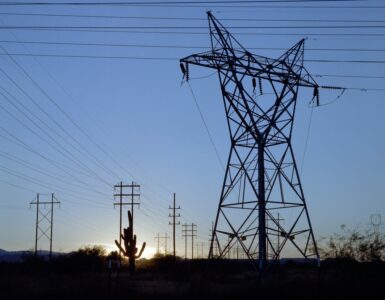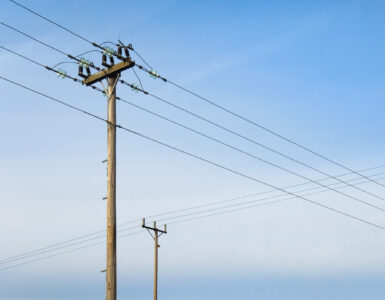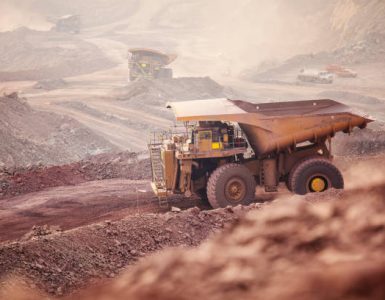To stave off wildfires, Arizona is now in the business of forest biomass energy.
The Arizona Corporation Commission (ACC) has approved a policy to require biomass energy standards for regulated utilities in the state. Commissioners hope the policy will attract biomass facilities here. They also approved a policy to up electric vehicle usage, hoping it will lure investment as well.
With the longest contiguous pine forest in the world, northern Arizona is a prime location for facilities that burn woody forest debris – biomass – and transform it into energy for the electric grid. Biomass is the only renewable energy source that can be converted into liquid biofuels such as ethanol and biodiesel.
It’s a crucial step to reduce wildfires and bring back Arizona’s healthy forests, said Commissioner Boyd Dunn, who proposed the policy.
Forest fires in the state from 2002 to 2017 burned more than 5.2 million acres, lost lives, and cost more than $162 million.
Now, one million acres of forestland needs to be thinned with only one biomass facility in the state, NovoBio in Snowflake. The goal is to thin 50,000 acres of forest every year for the next 20 years to reduce fire threat and restore forest health. That would generate 90 megawatts of energy annually.
“We’re looking at sites for 4 to 5 plants to attack the problem,” Dunn said.
Under the new policy, regulated utilities will be asked to produce 60 megawatts of their electricity from biomass generators.
In setting the policy, commissioners outlined a number of other benefits with biomass facilities including that they produce two-thirds less pollution than traditional “dump and burn” practices, and thinning of forests helps protect the extensive network of transmission lines and generating stations across the state. New industry also would bring jobs to rural areas in forest industry, harvesting operations, forest improvement, forest bioenergy production, wood products manufacturing and paper manufacturing.
When industry will come is unknown. But the biomass market is growing. The new federal Farm Bill could help. On Dec. 20, President Trump signed the $867 billion package that reauthorizes several Energy Title programs that will help biomass, biofuel and biogas industries grow.
This month, Arizona commissioners also adopted a policy to increase use of electric vehicles and construction of electric charging stations. The policy encourages utilities to develop more options for EV customers including lower rates during off peak times, pilot programs for electrical vehicles and charging stations, and outreach and education programs. In turn, utilities can recover “prudent costs” for EV infrastructure.
As with the biomass policy, commissioners hope the new policy will send a signal to EV manufacturers to come to Arizona. Some already are here. Tesla is expanding its supercharger stations across the state. Lucid Motors is getting a $1 billion investment to build an electric-car factory in Casa Grande.
“I think there will be enormous growth of the use of these vehicles in the future, I think it would be good to be ahead of the issue,” Dunn said about the new EV policy. “We want a framework in place.”
The new policies are part of a proposed modernized energy plan for the state that the ACC is piecing together to ensure cleaner air, water and forests. Initially proposed by Commissioner Andy Tobin, the plan calls for regulated utilities to produce 80 percent of their energy from renewable and clean sources by 2050. Currently, the state requires 15 percent from renewable sources by 2025.
















Add comment